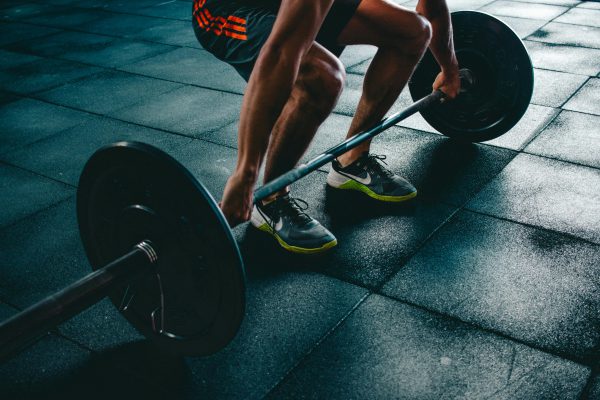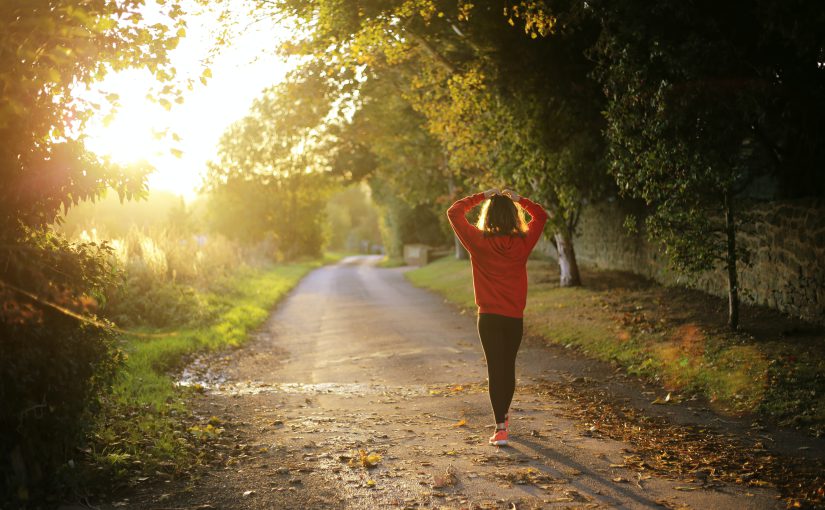Eating well and being active are important for feeling our best and for reducing the risk of common diseases, like heart disease and cancer. Eating a balanced diet helps improve our health and wellbeing, but in a world consumed by dieting culture, many fad diets leave us disheartened and in a constant battle with food. We all like to be healthy so here are some useful tips to help you improve your health and wellbeing. Remember that small changes over time can make the biggest difference.
Balancing your plate
Try to eat 3 balanced meals a day and have at least 5 portions of fruit and vegetables a day. Choose low-fat dairy foods, limit fried food and use small amounts of healthy oils such as rapeseed, sesame, or sunflower.

At mealtimes, load up your plate with veggies and salad and opt for wholegrain varieties of pasta, rice or bread. Choose healthy varieties of protein such as fish, lean meat, tofu, Quorn, eggs, or beans.
If you are feeling hungry between snacks and meals, try distractions like walking, reading, or talking to family or friends. Eat slowly as it takes approximately 20 minutes for the stomach to communicate to the brain that you are full! Food diaries are useful tools to help track your food intake.
Staying hydrated is as important as eating healthily. You should be aiming to drink 6 to 8 glasses of water per day while avoiding sugary drinks. Alcohol is high in calories and can lead to cravings for unhealthy food choices. Limit to 14 units a week spread across 3 days or more.
Be snack savvy
We all enjoy a snack every now and then. Try to limit your snacks to two to three per day – approximately 100 calories or less per snack. Fruit and veg, and protein will help keep you full! Why not try some apple and peanut butter, veggies and low-fat hummus, or low-fat Greek yoghurt and fruit. Limit high sugar and high fat foods. It’s ok to have an occasional treat but why not go out and buy it, rather than always having them in the cupboard. Try to fill up your cupboards and fridge with healthy food options instead.
Get physical
Along with a balanced diet, regular physical activity is a powerful way to improve health and wellbeing and decrease the health risks that come with obesity and being overweight. Anybody can get more active by doing exercises that are right for them. This may include simple exercises like taking the stairs or cycling to work, to more advanced like yoga or weightlifting. If you have a condition like arthritis or you have suffered from a stroke, it’s important to get the right advice on exercises catered to you.
Changing your behaviour
It’s important that when changing your physical behaviour, you make it a fun, easy, social experience, which fits your schedule and budget. You could try a Move More ‘Couch to 5K’, exercise referral class or even a YouTube workout to get you started. Behaviour change happens best with the support of other people, so why not try including friends and family in your activities.
Small changes like building activity into your workday, including active traveling to work, or choosing the stairs over the lift, can help with little extra time and for free!

It is recommended that we do 150 minutes of moderate intensity activity per week, 75 minutes of vigorous activity per week, or a combination of these goals. A few extra minutes can be beneficial and even without weight loss, you still receive major benefits in improving mental and physical health.
Islanders who exercise regularly can reduce their risk of developing dementia and depression, diabetes, several cancers (like bowel cancer), back pain and other conditions.
Physical activity also gives same-day improvements to mood, feelings of energy, mental health, and improves productivity at work or school, which can lead to a better day overall! Working on the physical body with exercise can support muscles, bones, and joints and lengthen our healthy life expectancy (the number of years we live in good health) all the while maintaining quality of life and keeping us fit.
 blog.gov.je
blog.gov.je